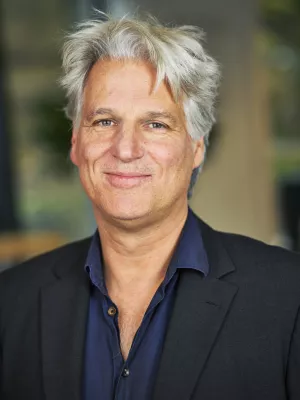
Max Koch
FD och habilitation i sociologi från Freie Universität Berlin | Professor

The State in the Transformation to Sustainability in a Postgrowth Context
Författare
Summary, in English
Avdelning/ar
- Socialhögskolan
Publiceringsår
2017-04-30
Språk
Engelska
Länkar
Dokumenttyp
Konferensbidrag: abstract
Ämne
- Sociology
Conference name
Beyond the Environmental State? Exploring the Political Prospects of a Sustainability Transformation
Conference date
2017-04-25 - 2017-04-30
Conference place
Nottingham, United Kingdom
Status
Published

